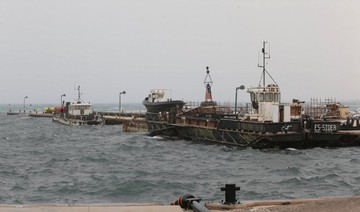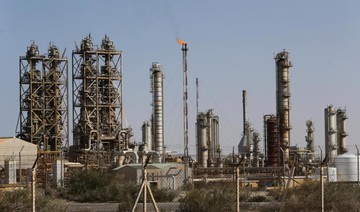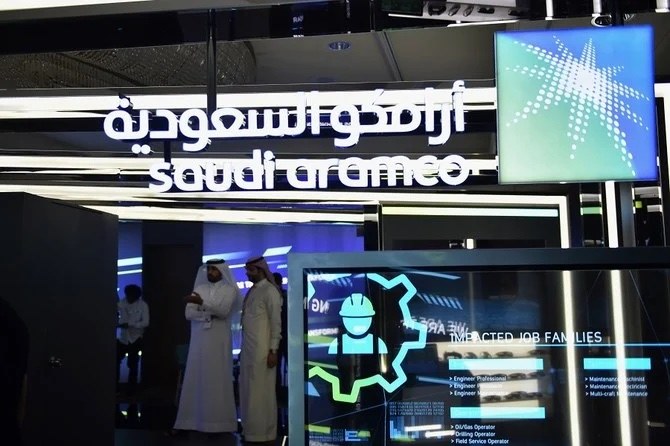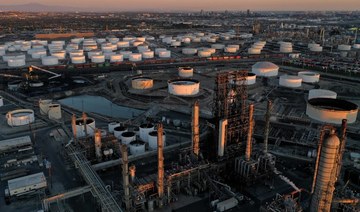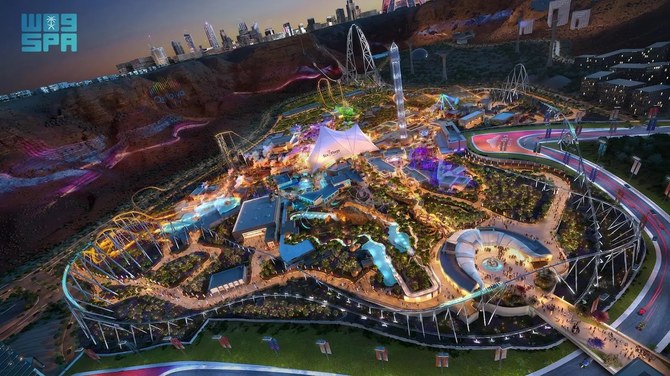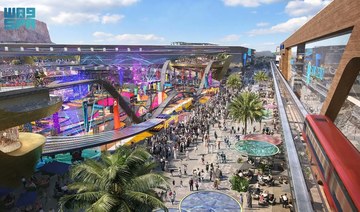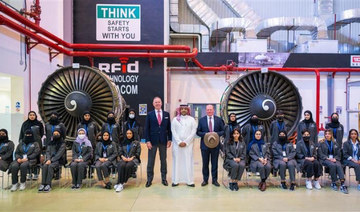LONDON: The price of Brent crude fell Wednesday after Tripoli-based National Oil Corp. (NOC) said four Libyan export terminals were being reopened after eastern factions handed over the ports.
The move, which ends a standoff that had shut down most of Libya’s oil output, was expected to lead to an export uplift of 800,000 barrels a day that was lost in recent weeks after factional infighting.
But in an interview with Arab News, Shakil Begg, global head of oil research at Thomson Reuters in London, said while the Libyan development would ease market concern of a looming supply crunch, the war-torn North African country would be unable to plug expected losses from Iran, or mitigate the current massive outage from crisis-hit Venezuela.
Begg said: “We are skeptical about how much Libyan crude can be exported quickly. One issue is the extent to which some fields have been shuttered because they can’t store the oil being produced.”
He added: “Our expectation is that supply growth will be pretty moderate.” Pipeline infrastructure was susceptible to attack, he said.
Analysts have said the reimposition of US sanctions on Iran by late 2018 could remove between 600,000 and 1 million barrels per day available to global export markets — a threat that has seen the price of Brent crude reach $80 a barrel. On Wednesday, following the Libyan announcement, the price retreated from just under $79 to $77.50.
Begg said that only Saudi Arabia could sustain a big rise in production from around 10.5 million barrels per day to about 11 million barrels in order to plug lost Venezuelan and Iranian production.
“They have between 500,000 and 600,000 barrels of spare capacity which could come onto the market,” said Begg. But even this might not be enough plug supply gaps, he suggested.
A report in Petroleum Economist on July 3 said Libyan eastern ports that fell under the control of Khalifa Hafter’s Libya National Army (LNA), saw the destruction of storage tanks in fierce fighting.
For instance, Ras Lanuf’s storage capacity was cut from 950,000 barrels to 550,000. “With limited storage, and tanker arrivals often episodic, field managers across the Sirte Basin may need to halt pumping operations, cutting daily (Libyan) output,” said Petroleum Economist.
Neil Atkinson, head of oil industry and markets at the International Energy Agency, told Arab News that Venezuela’s production could fall by the end of this year by another several hundred thousand barrels a day, “given the degradation of the oil industry there, a prognosis that is quite widely accepted,” he said.
Begg said Saudi Arabia was increasing production now, but a lot of the increase was being consumed domestically as temperatures rise and demand for air conditioning soars.
Begg forecast that prices this year would hover between $72/bbl to $80/bbl, but could spike at $85/bbl and he had a similar forecast for 2019.
A statement on NOC’s website said the company was aiming for “the lifting of force majeure in the ports of Ras Lanuf, Es Sider, Hariga and Zuetina after the facilities were handed over to the corporation this morning, July 11.”
“Production and export operations will return to normal levels within the next few hours,” said NOC.
The statement also said that “the chairman (Mustafa Sanalla) and members of the board of directors of the NOC commended the Libyan National Army General Command for putting the national interest first.”
Sanalla also said Libya needed a proper national debate on the fair distribution of oil revenues.
“(This) is at the heart of the recent crisis. The real solution is transparency, so I renew my call on the responsible authorities, the ministry of finance and central bank, to publish budgets and detailed public expenditure. Libyan citizens should be able to see how every dinar of their oil wealth is spent.”



